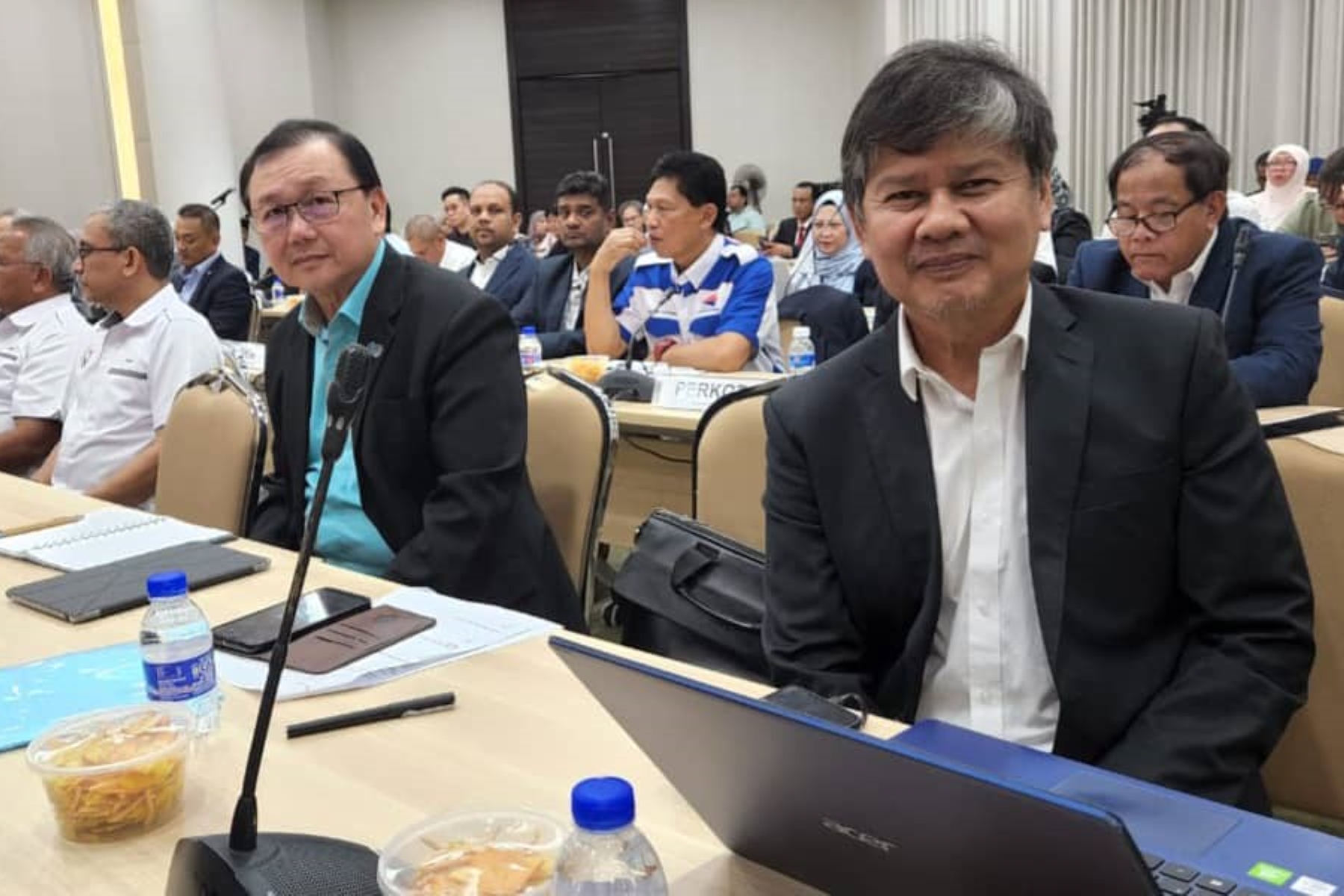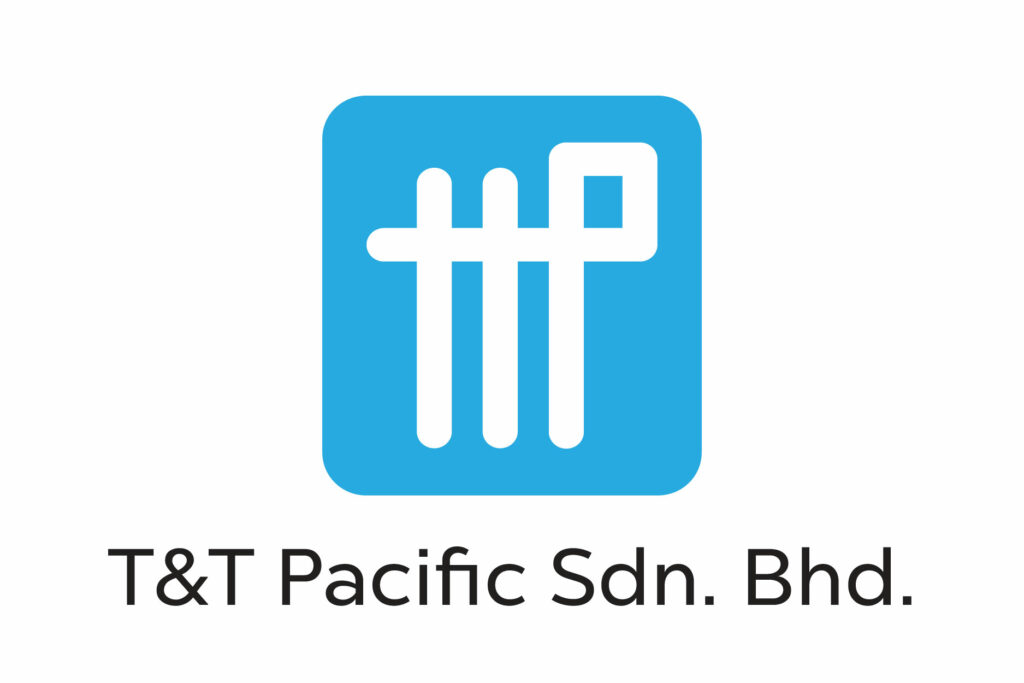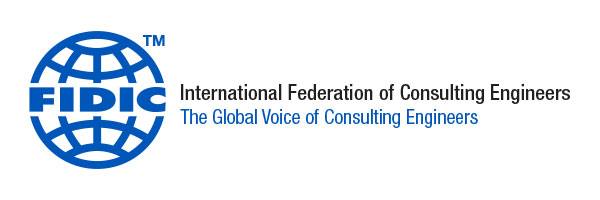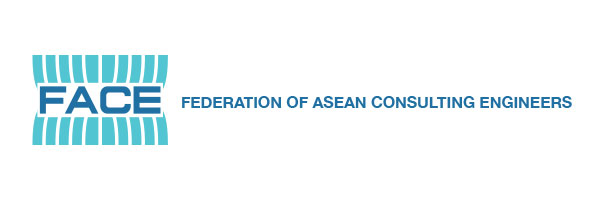The Ministry of Works Malaysia organized the 2024 dialogue session at the Bilik Mesyuarat Tanjong, Block A, to facilitate discussions between Construction Industry Stakeholders and Government Agencies. The event aimed to address and resolve key issues affecting the industry. Scheduled for August 13, 2024, at 09:30, the session provided a platform for open communication and collaboration to enhance the construction sector’s development and efficiency.
The event started with four (4) presentations by Government Agencies addressing the following topics:
- Sistem Kawalan Diesel Bersubsidi (SKDS) oleh Kementerian Perdagangan Dalam Negeri dan Kos Sara Hidup
- Peluasan Penggunaan Building Information Modelling (BIM) Dalam Industri Pembinaan Di Malaysia oleh Construction Industry Development Board
- Inisiatif-Inisiatif Hijau oleh Malaysian Green Technology and Climate Change Corporation (MGTC)
- Inisiatif National Technology and Innovation Sandbox (NTIS) dan Inisiatif Penggunaan Barangan dan Perkhidmatan Hasil R&D Tempatan (MySTI) oleh MRANTI
These is followed by a dialogue chaired by YB Menteri Kerja Raya – Dato Sri Alexander Nanta Linggi who in his opening remarks emphasized that the government is keen to listen and understand issues and problems faced by the industry players so that ways are found to resolve them to ensure that the industry remains sustainable. The YB Minster also acknowledged that the industry is currently facing huge challenges be it economic, technological, resources management or other issues that may need inter-ministerial attention. The panel members assisting the YB minister in the dialogue were from CEO of CIDB, DG of JKR, KSU of KKR and Deputy DG of LLM.
Over 100 issues were raised by numerous construction industry stakeholders. The representatives that raised issues were from the association of Bumiputra Contractors, Construction Material Suppliers, Highway Concessionaires, Architects, Engineers, Planners and Surveyors.
ACEM took the opportunity to raise the following issues with the Ministry and its agencies:
- ACEM requested that the YB minister to look into the HRDF issue that had adversely affected the industry players particularly the professionals. ACEM supported the stand by many industry players that call for HRDF to be halted subject to a full review of its effectiveness and function. This issue had been raised in the previous dialogue but has remained unresolved.
- Digitalization of the industry such as the use of the Building Information Modelling (BIM) in many of the government projects has caused additional operational costs to consulting firms and contractors. While these additional costs to the contractor can been addressed through itemizing BIM requirements in the tender Bill of Quantities, the consultants are left on their own to bear the additional costs for BIM LOD100 to LOD 300 required during the design stage. The cost of maintaining the hardware and software necessary to provide BIM services is high and special professional fees for the service should be allowed for by JKR in their project implementation cost. CIDB was also urged to reduce the training costs for the BIM modeler, coordinator and manager courses so that it is made more affordable. This will expedite the human resources training for BIM that is much needed by the industry.
- The problem of the imposition of Professional Indemnity Insurance (PII) for specific projects imposed by some implementation agencies was also highlighted. The Pan Borneo project was mentioned as an example where specific project PII was required. While consultants usually have a general PII to operate, any requirement for project specific PII will result in an additional premium to be paid for the duration of the project. Therefore, it is only fair that the additional premium be paid by client.
- ACEM also highlighted the contradiction between the MoF and KKR on the matter relating to the use of the Scale of Fees (SoF) is detrimental to the engineering consultancy industry. The MoF under the PK 3.2 considered the SoF as only a guide while it is mandatory for the Engineering Consulting Firms under the Registration of Engineers Acts. Bidding for projects implemented by JKR have now followed MoF PK 3.2 with ceiling costs when computing professional fees without any minimum lower limits causing unreasonable bids by desperate firms needing jobs. This is detrimental to the sustainability of the consultancy industry. Furthermore, the recent ceiling cost specified by JKR excludes cost of utility relocation that under the present RMK requires the respective services providers to bear the cost of any relocation of its services affected by government projects. This resulted in any design work undertaken by the consultant for service relocation works unaccounted in their fees computation.
At the end of the dialogue, the YB Minister highlighted that the issues raised will be seriously looked into by the MoW and its agency. However, there are also matters that will requires inter ministerial attention and consultation.










